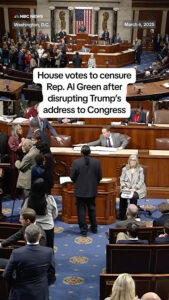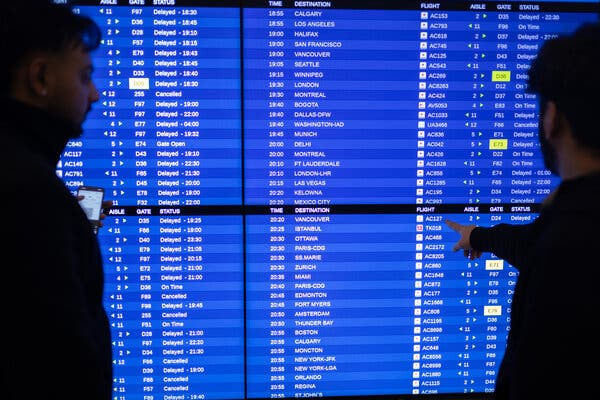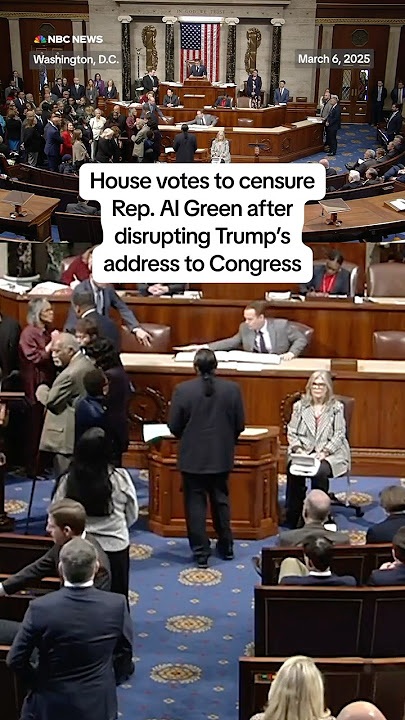Understanding the Trump Travel Ban: Implications and Insights
The Trump travel ban has been one of the most contentious and debated policies of the last decade. Initially implemented in 2017, this travel restriction has not only impacted individuals seeking to enter the United States but has also sparked a significant discussion around immigration, national security, and human rights. In this blog post, we delve into the details of the travel ban, its origins, the legal battles surrounding it, and its implications for various stakeholders.
Origins of the Trump Travel Ban
The Trump travel ban was first introduced through an executive order signed by then-President Donald Trump on January 27, 2017. The order aimed to restrict travel from several predominantly Muslim countries, citing national security concerns. The listed countries included Iran, Iraq, Libya, Somalia, Sudan, Syria, and Yemen. The initial reaction to the order was one of protest, leading to widespread demonstrations across the country, emphasizing the ban’s perceived discrimination against Muslims.
Legal Challenges and Adjustments
Almost immediately following the announcement, legal challenges erupted. Courts across the country began to issue rulings against the ban, arguing that it violated constitutional protections and was based on discriminatory intent. The New York Times extensively covered these legal battles, highlighting the back-and-forth nature of the judiciary’s response to the executive order.
In response to the legal challenges, the Trump administration modified the travel ban multiple times, culminating in a version that was upheld by the Supreme Court in June 2018. This version included restrictions on travel from not only the original seven countries but also added restrictions on Venezuela and North Korea. The legal grounding shifted from explicitly targeting Muslims to a focus on the countries identified as security threats.
Impacts on Immigration and Business
The implications of the Trump travel ban were profound, particularly for businesses reliant on international talent. Companies, especially in tech and consulting, commonly rely on the influx of skilled workers from around the globe. The travel restrictions hampered this talent pool, causing concern among HR professionals and business leaders who feared talent shortages. The ban affected the hiring process, leading to delays and increased scrutiny of visa applications.
Additionally, the emotional toll on families and individuals affected by the ban cannot be underestimated. Many individuals were left stranded abroad, unable to return to their American families and homes. It has raised important questions about the United States’ stance on immigration and its role as a global leader.
Global Reactions and Policy Discussions
The international response to the travel ban was largely negative, with various countries criticizing the policy as xenophobic and counterproductive. Discussions around immigration policies at global forums were invigorated as nations like Canada and Germany positioned themselves as more welcoming to immigrants. This led to an intensified discourse on how countries can better manage their borders while fostering an inclusive environment.
Lessons Learned for Future Policies
As we reflect on the implications of the Trump travel ban, organizations and policymakers must glean lessons for future immigration policies. A collaborative approach that involves stakeholders from various sectors, including business, civil rights groups, and community organizations, is crucial to develop fair and effective immigration laws. Balancing security needs with compassion and inclusiveness is not only a moral imperative but also vital for the country’s economic health.
The Future of U.S. Immigration Policy
In the backdrop of evolving immigration issues, it remains unclear how future administrations will shape U.S. immigration policies. The discourse surrounding the Trump travel ban has reignited debates on reforming the visa process and addressing the immigration system’s underlying complexities.
In conclusion, the Trump travel ban highlighted the clash between national security concerns and humanitarian considerations, underscoring the necessity for a nuanced approach to immigration policy. The ongoing discussions surrounding the ban will likely influence U.S. immigration for years to come, shaping not just who comes to America, but also what America stands for in a world that increasingly intertwines global communities.








